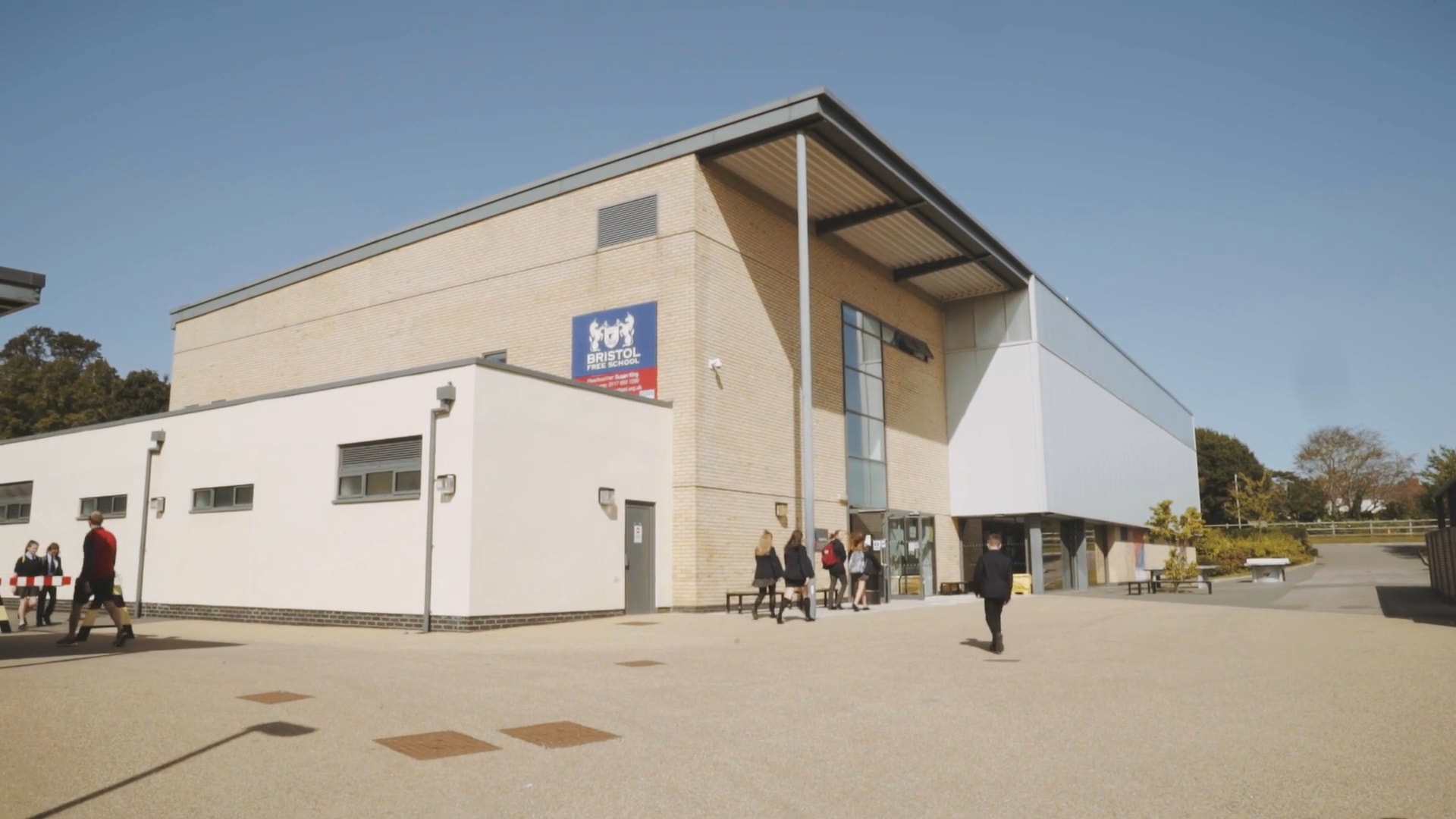
Students will study a variety of Christian approaches to Sources of Wisdom and Authority:
The Bible; different Christian beliefs about the nature and authority of the Bible and their impact on its use as a source of beliefs and teachings including the Bible as inspired by God but written by human beings.
The Church; the different perspectives of the Protestant and Catholic traditions on the relative authority of the Bible and the Church, the Authority of Jesus
Good conduct and key moral principles
In this unit, students will consider the extent to which the Christian understanding of 'good conduct' can be defined, remains significant for salvation and is controversial in its selection. Further, students will learn about the theological debate between those who assert that the believer is justified by works and those who assert that only faith can save. A discussion of predestination and the history of its understanding will also form a necessary part of understanding the works vs. faith debate.
10 and 15 mark essays on a regular basis
Students will consider Monotheism, 'God as personal', 'God as Love' and 'God as Father' and Process Theology. We will consider the meaning and purpose of life and the following purposes and their relative importance: to glorify God; to prepare for judgement; to bring about God's kingdom on earth. Resurrection; the concept of the soul; the resurrection of the flesh as expressed in the writings of Augustine; spiritual resurrection and the significance of 1 Corinthians 15:42-44 and 50-54. The next area of study will be different interpretations of judgement; heaven, hell and purgatory as physical, spiritual or psychological realities; objective immortality in process thought.
Expressions of religious identity
Expressions of religious identity
The ways in which Christians act out their faith in practice. Students will discuss the biblical and theological significance of infant and adult baptism, the variant ways in which different denominations celebrate mass ways that mission and evangelism have been practiced.
10 and 15 mark questions on a regular basis.
Religion and Science: In this unit students will be introduced to key scientific theories which can come into conflict with the Christian faith. We look at John Polkinghorne as an example of a Christian scientist who manages to reconcile his faith with science successfully.
Christianity, gender and sexuality
This unit is concerned with the different hermeneutical lenses which can be applied to the biblical passages about women leadership within the church. A close reading of 1 Timothy 2 will allow the students to apply these learned lenses and evaluate the extent to which women priests are welcomed by the Church. Students will also consider the historical story of Christian attitudes to female priests and bishops, the biblical and theological understanding of the moral implications of homosexual sex, and the Christian understanding of celibacy, marriage and transgender issues.
10, 15 and 25 mark essays.
Students will consider how migration has created multicultural societies which include Christianity with particular reference to the diversity of faiths in Britain today. They will consider freedom of religion as a human right in European Law and religious pluralism as a feature of modern secular states, as well as Christian attitudes to other faiths.
Christianity and the challenge of secularisation
In this unit, students will evaluate the role of the church in the increasingly secular landscape of the UK. Students will learn about the history of secularisation from the persecution of the Early Church through to the conversion of Emperor Constantine, the role of the reformation and the enlightenment, the scepticism of Hume, Marx, Feuerbach and Nietzsche and the modern criticisms of 'militant' atheists such as Richard Dawkins. The central question will be whether the Christian Church has lost its role as an arbiter of moral decision-making for the state.
10, 15 and 25 mark essays.
In this unit students take all of their previous knowledge from the two year course and make synoptic links between them. They put their AO1 and AO2 skills together to master 25 mark essays showing their knowledge and evaluation combined. Some questions students will consider with regards to each unit are: How far is the belief reasonable? How meaningful is the statement of faith and for whom? How coherent are the beliefs and how consistent are they with other beliefs in the belief system? How relevant is the philosophical enquiry for religious faith?
25 mark essays.